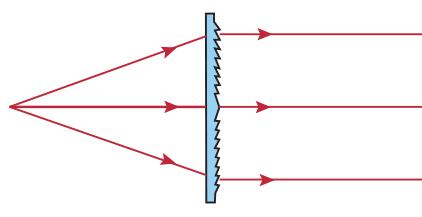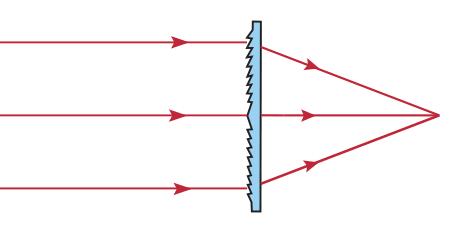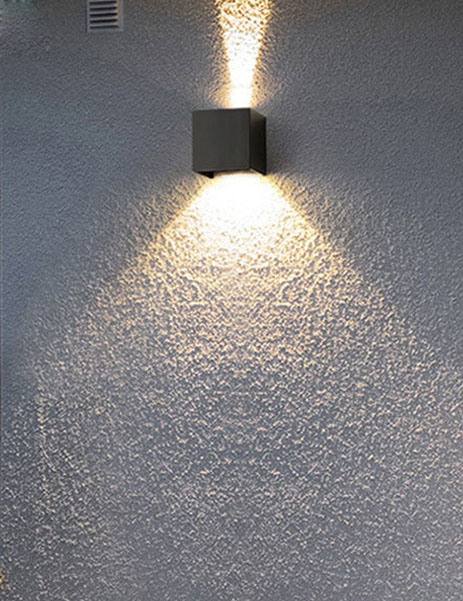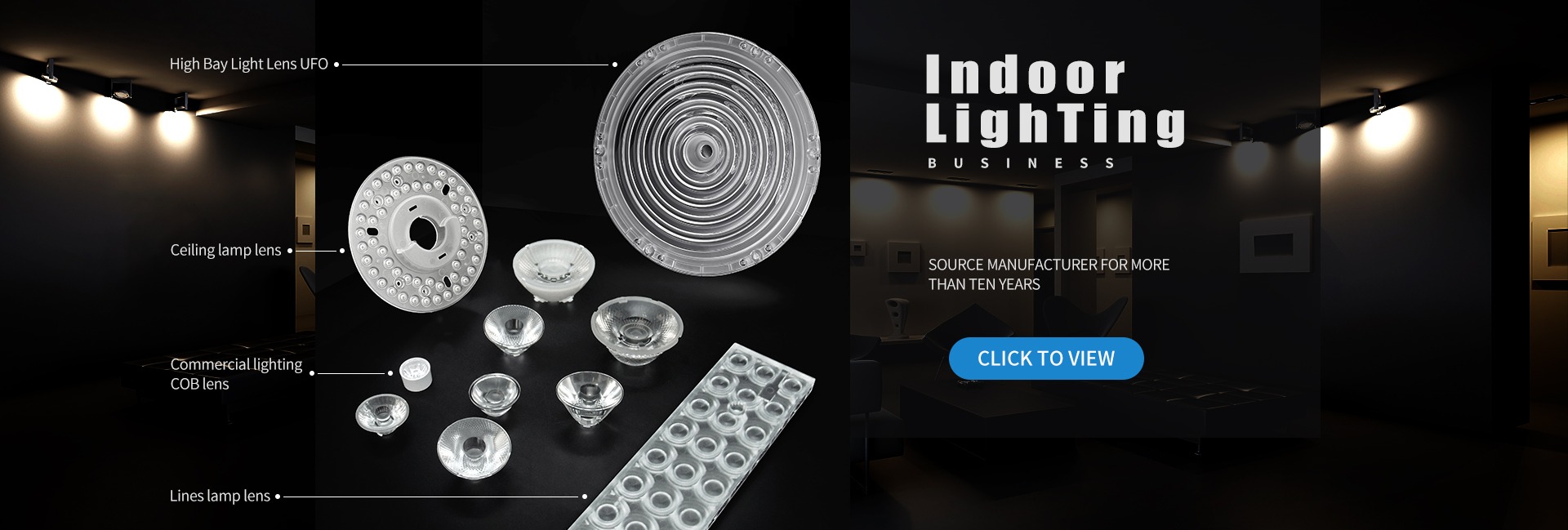
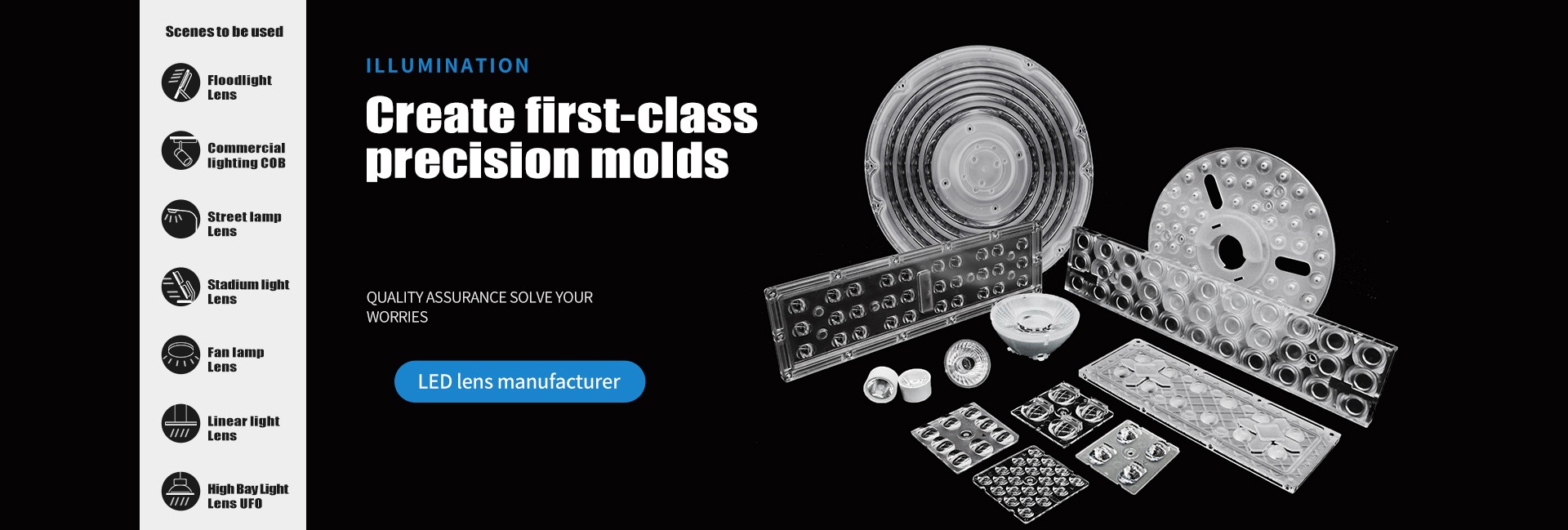

Fresnel lenses consist of a series of concentric grooves etched into plastic. Their thin, lightweight construction, availability in small as well as large sizes, and excellent light gathering ability make them useful in a variety of applications. Fresnel lenses are most often used in light gathering applications, such as condenser systems or emitter/detector setups. They can also be used as magnifiers or projection lenses in illumination systems, and image formulation. A Fresnel (pronounced fray-NEL) lens replaces the curved surface of a conventional optical lens with a series of concentric grooves. These contours act as individual refracting surfaces, bending parallel light rays to a common focal length. As a result, a Fresnel lens, while physically narrow in profile, is capable of focusing light similar to a conventional optical lens but has several advantages over its thicker counterpart. HX-SDxx family works with all LED types and produces 8 ~ 60˚ beam.
Ø20~ Ø90mm fresnel lenses for COB architectural and stage lighting compatible with all LED types and sizes.
For example :
CREE XHP70,XHP50,XM-L ;
CREE XHP35-HD ,XHP35-HI ;
OSRAM SSL80,SSL150,Square,S10,P10;
Luxeon M, MZ, XR-M ;
Bridgelux 5258 ;
Citizen PSL445 ;
Edison 5050 ,5630 ;
All kinds of LEDs. ;
| # | Part No.(Model) | DIM(mm) | FWHM(deg) | For LEDs | Material | |||||
|---|---|---|---|---|---|---|---|---|---|---|
| 1 | HX-SD30 | D29.9 * H4.5 | 8° ~ 60° | all kinds of LEDs | PMMA | |||||
| 2 | HX-SD45 | D44.9 * H5.45 | 8° ~ 60° | all kinds of LEDs | PMMA | |||||
| 3 | HX-SD60 | D59.9 * H5.53 | 8° ~ 60° | all kinds of LEDs | PMMA | |||||
| 4 | HX-SD28-A | D27.9 * H4.5 | 8° ~ 35° | all kinds of LEDs | PMMA | |||||
| 5 | HX-SD28-B | D27.9 * H4.5 | 8° ~ 45° | all kinds of LEDs | PMMA | |||||
| 6 | HX-SD71 | D71.0 * H4.80 | 7° ~ 60° | all kinds of LEDs | PMMA | |||||
| 7 | HX-SD34 | D34.0 * H3.6 | 8° ~ 60° | all kinds of LEDs | PMMA |
